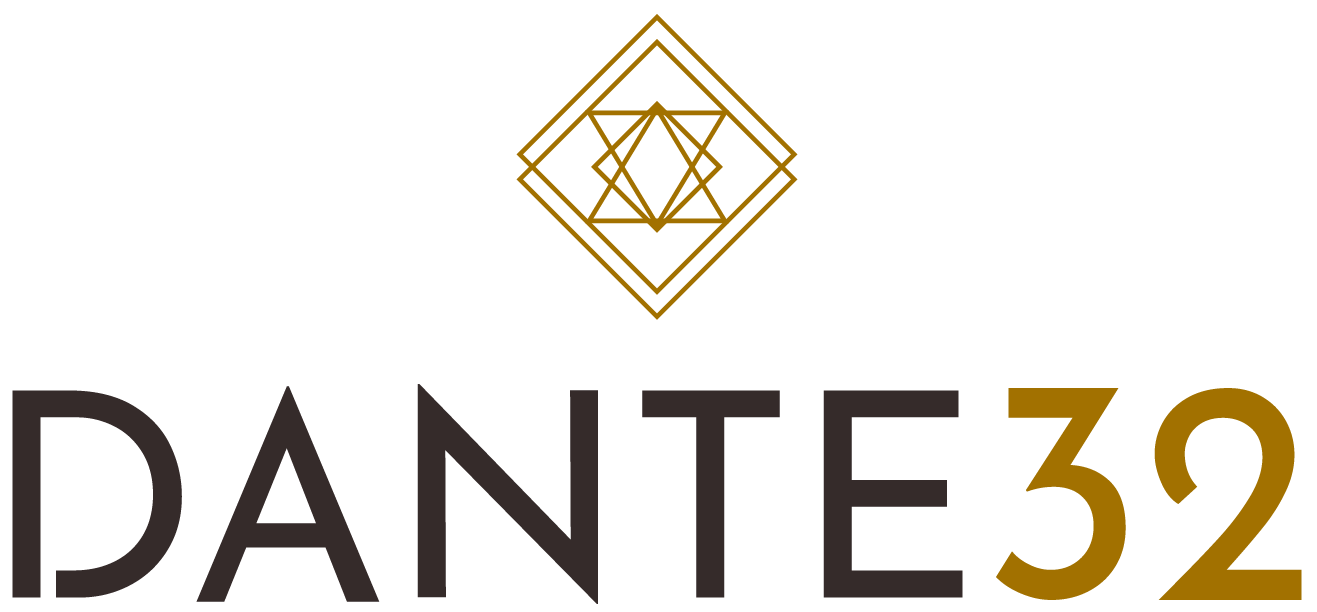Joe Rogan, The Avengers, and The Podcasting Industry
Whenever anyone talks about podcasts and podcasting, it’s usually in relation to the explosive growth over the last several years. Everyone has a podcast! However, the focus tends to conflate the channel of podcasting with the entertainment industry of Podcasting, giving the impression that unless you can get millions of listeners, you shouldn’t create a podcast.
Nothing could be further from the truth! We’re going to break down the different subsets of the podcasting industry and explain how podcasting can work for you…even if you don’t have millions of adoring fans and followers.
Podcasting as an industry
A lot of the hype around podcasting tends to focus on the big names: Joe Rogan, The NY Times, Bill Simmons, Serial, and NPR for example. The goals of these podcasts tend to be to entertain and inform on general interest topics like sports, news, and pop culture. They’re trying to get as big of an audience as they can. Success is measured in a variety of ways, most notably by the Apple Podcasts charts. Revenue comes from a variety of means, primarily advertising but also through live events, merchandise, and even subscriptions. These are the household name podcasts that you hear about and have even seen on billboards.
The Podcasting Industry is Audio Hollywood
There’s another way to think about all of the podcasts mentioned above: as a parallel Hollywood but using audio instead of video and film. Big budget, blockbuster movies have a lot of the same characteristics as the podcasts above: they’re led by big, tent-pole names so they can attract the broadest audience possible and make as much money as possible. Success is measured in a variety of ways, such as merchandise, but primarily revenue comes from the box office.
You won’t be as big as Joe Rogan. So why podcast?
Just like it doesn’t make any sense to compare your home videos or your company’s videos to the latest Avengers (Endgame was too long and convoluted FYI) it also doesn’t mean that if you start a podcast, the goal should be to compete with Joe Rogan. Since podcasting is really just audio delivered digitally, there are a lot of other use cases for a podcast than just amassing a large audience for advertisers.
Think of podcasting as a channel. This channel serves as a bridge between your brand and your audience. Here are some of the ways that a podcast will help you meet your marketing goals, no matter how many listeners you have.
Credibility and trust
Podcasting is one of the best ways to establish credibility and build trust with your audience. However, to do that you should be focusing on the quality of your audience, not just the quantity of it. Building a quality audience starts with taking the perspective of your listener -- What does she want to learn more about? Is he looking for advice on improving some aspect of his life? How can you address those questions with your show? There’s an intimacy that comes with being directly in your audience’s ears. If you can create content that honors that relationship, you have the potential for making a much greater impact on your audience than is possible with a blog or social media post.
Opportunity for evergreen content
Unlike topical or timely news based shows which have a shelf life, a focus on education and self-improvement can result in content that is more evergreen. However, if you shift your thinking to maximizing the value you get from your podcast over the long run, the content you create becomes an asset that you can mine again and again over time.
Wider distribution
Podcasts have traditionally been consumed via a podcast app. You publish a feed as a host, listeners subscribe to your feed in their player of choice, and your episodes are delivered to them as they’re released. The ecosystem is open and distributed. However, distributing your content in a feed has some downsides:
There is a barrier of entry for new listeners. If they’re not already an experienced podcast listener, you don’t have to just convert them to subscribe to your show, but also convince them to download an app.
Since new subscribers always get the latest episode to start, their first impression is limited to your latest episode. Which means your entire back catalog is essentially hidden.
There’s no way to sample your podcast episodes if the latest episode doesn’t interest a new listener. Perhaps it’s also too long for someone to decide to commit to at that moment?
The most popular and accessible podcast applications are mobile. What about possible desktop users that find your podcast?
Broadening your understanding of how a listener can consume a podcast allows you to conceive of new use cases aside from the ones mentioned above. Your website, social media, and smart home devices are all possible points of consumption and distribution for your content. They all bring pros and cons and can be used by potential listeners beyond the traditional use case of listening via a podcast player.
Go ahead and start that podcast
So we know that a podcast doesn’t need to be a massive hit, with millions of listeners. What does that mean for you? Should you start a podcast? Ultimately it comes down to your specific goals. What are you trying to accomplish? Just like there’s no such thing as too many websites, there’s no such thing as too many podcasts. At the end of the day, a podcast is like any other piece of content you could create. Having a solid and thought out content strategy is the first step in deciding if a podcast is right for you.

